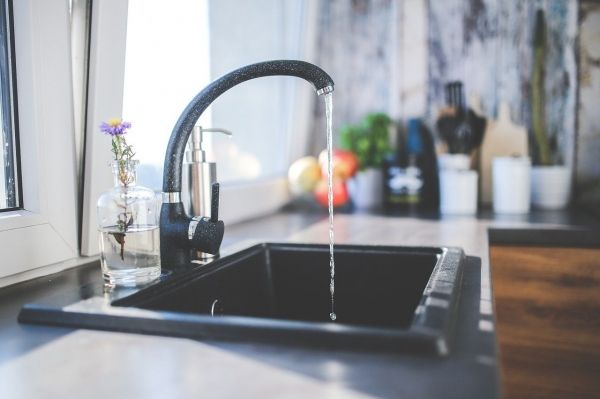Commercially sold water filters do a good job of making sure any lead from residential water pipes does not make its way into water used for drinking or cooking.
Filters do not do a good job, however, of letting the user know how much lead was captured.
Until now, when a researcher, public works department or an individual wanted to know how much lead was in tap water, there wasn’t a great way to find out. Usually, a scientist would look at a one-liter sample taken from a faucet.
Researchers in the McKelvey School of Engineering at Washington University in St. Louis have devised a new method that allows them to extract the lead from these “point-of-use” filters, providing a clearer picture of what’s coming out of the faucet.
Read more at Washington University in St. Louis
Photo Credit: kaboompics via Pixabay


